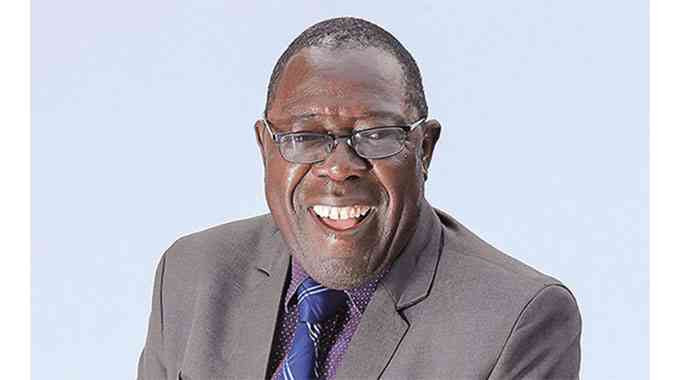If in doubt, quote Einstein! Would that not be a safe assumption, seeing that he is seen to be one of the great minds of the modern world? So here we go: “There are two things that are infinite; the universe and human stupidity — and I’m not sure about the universe”! If we are not stupid, we should be able to work out what he is meaning there! Then, in a similar vein, he stated that “the difference between stupidity and genius is that genius has limits”. Touche! He changed the wording slightly but still covered the similar theme when it is claimed he said that “Insanity is doing the same thing over and over expecting a different result.” Now, there is truth!
Having quoted Einstein, what do we do now? A genius would perhaps leave it at that, and not try to explain what such a genius meant. Let us however try to apply it to education. It would strongly appear that when in doubt regarding educational progress and thinking, we hit the default button — we go back to our original position. We do the same thing over and over.
That position tends to be the age-old one of results, results, results, similar to Gradgrind’s cry of “Facts, facts, facts” in Charles Dickens’ novel ‘Hard Times’. We just always seem to revert to that as being what education is about when common sense and existing evidence screams out otherwise. Pass rates are utterly meaningless when put in context of individual children; qualifications are not what we want in employees. Furthermore, as recent devastating accidents involving children only serve to underscore in thick bold lines, results pale into utter insignificance when it comes to important things in life. We must stop defaulting to any such position.
Einstein is famously believed to have said that “Everybody is a genius. But if you judge a fish by its ability to climb a tree, it will live its whole life believing that it is stupid.” It cannot be argued that we do judge every child by the same criteria, even though they all have different talents and abilities and strengths. And we expect every child to be a genius in academics — no, that is not entirely true, we expect OUR child to be a genius in academics, no matter what (while we also insist he is a genius in sporting and cultural activities — and a leader), but by doing so we are expecting every child to be a genius. We show we are not a genius ourselves as the maths of that equation does not add up.
The fact is though that default is actually defence. And as a defence, we use it as the fence to put around our treasured thinking to protect it. Yet such defence only leads to a deafening defiance, a defiance to move on, to unlearn and then relearn, as we are encouraged to do. We fight to keep our position in defiance of it not leading to any progress or development.
The problem, the fault, is the default. Like sheep, we follow in a mad panic those who insist on results-based education; we rush back to our safe corner. It is like we are in a boat that goes out of harbour for a short distance but then it rushes back to port. No new worlds are discovered by doing that. Yes, it is safe, but by staying in that one place, it becomes over-populated, over-grazed and unproductive. Education has long since been over-grazed in this field. It is certainly not productive.
Keen readers might consider that this writer has a default position of referring to Einstein but we know it makes sense. We may not like it, being comfortable with the safety of known and used curriculum, but if we look around the world, we can see that such education does nothing to make the world a better place or the lives of individuals any better. We keep on doing the same thing over and over and incredibly expect a different result. We hit the default button and back we go.
Ultimately, it comes down to this: we are in default by reverting to default, in the sense that we are failing to fulfil our duty in educating youngsters by constantly deferring to the age-old default of education. In fact, all we are doing is passing on to them the massive debt that has been incurred over the years by our failure or unwillingness to change. We stick to the age-old one-size-fits-all theory when it is glaringly obvious that in no area whatsoever does that work. We just need one lesson on infinity and insanity and we might yet see sense – and we will not need to climb a tree to prove it.
- Tim Middleton is the executive director of the Association of Trust Schools [ATS]. The views expressed in this article, however, are solely those of the author in his private capacity and do not necessarily represent the views of the ATS.
Email: tim@atszim.org website: atszim.org





